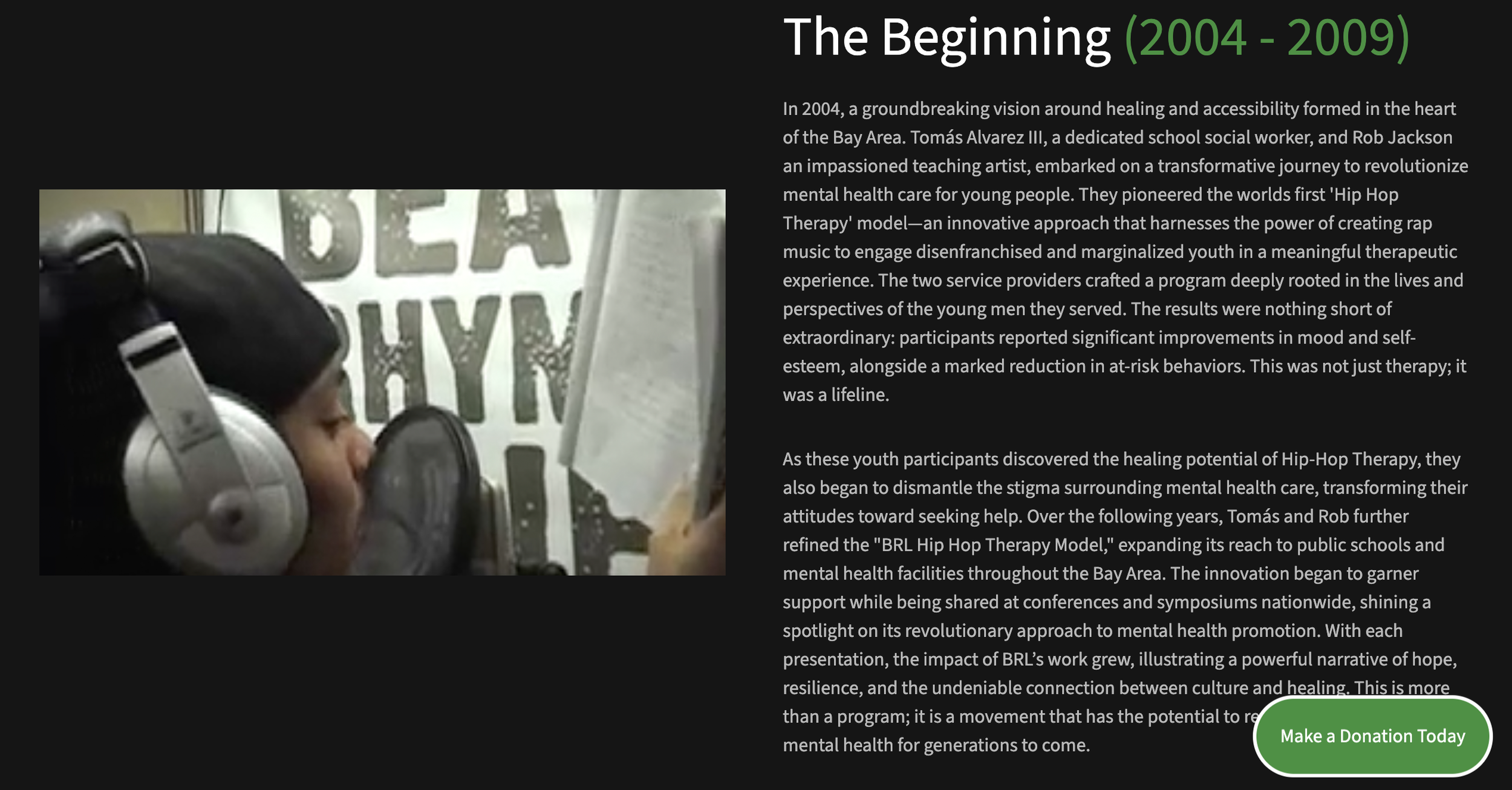The Social Work Profession Under This Trump Administration
In an era marked by economic and social policy shifts, the prospect of a Donald Trump presidency, especially under hyper-conservative ideals potentially influenced by Project 2025, brings unique challenges for social workers. IF actually implemented, Project 2025 outlines a vision to drastically reduce federal oversight and spending on social programs. Seeing as how social workers rely heavily on public funding, these changes could pose a significant threat, as sweeping cuts to federally funded programs may be on the horizon. Trump had just come into office for the first time when I had just started my focus on social entrepreneurship. In this climate, diving deeper into and embracing social entrepreneurship is essential for organizations to continue providing critical services and ensure long-term program sustainability under the probability of some large-scale cuts on the horizon.
What is Project 2025
It is a 900-page policy "wish list" for the next Republican president, a proposal that would expand presidential power and impose an ultra-conservative social vision.
IF implemented, Project 2025 advocates for limiting federal spending and empowering private entities to handle public welfare. For social workers, the risk of budget cuts means a real threat to the existence of programs that serve vulnerable populations. Areas such as mental health services, housing, and food assistance—which often depend on government grants and funding—could be at risk. A hyper-conservative administration is likely to prioritize private sector-driven solutions over government aid, which aligns with Project 2025's objective of “unleashing American innovation.” In response, social workers must adapt by embracing business models that generate funds for social issues through creative and self-sustaining methods.
The initial social enterprise that I began learning social entrepreneurship from is Beats, Rhyme, and Life, Inc. (BRL).
BRL didn’t wait for the traditional social services funding process to generate revenue to provide necessary services. Instead, they used an innovative model of revenue creation to initiate services for the youth that they served. Over time, corporate sponsorships added to the funding along with the eventual addition of donations and grants.
Social entrepreneurship offers a way forward. Unlike traditional nonprofit models, social entrepreneurship combines the mission of social impact with strategies that generate income. By adopting a business-minded approach, social workers can reduce dependency on fluctuating government budgets. For example, a social worker focused on community mental health might launch a fee-for-service counseling clinic that funds free or discounted sessions for low-income individuals. Alternatively, developing partnerships with local businesses to support workforce training for underserved communities creates pathways for job creation, while also creating a funding stream through employer sponsorships.
One of the key perks of a social entrepreneurial approach is the flexibility and autonomy it provides. Without being tethered to government restrictions, social workers can innovate to meet the specific needs of their communities. Social enterprises allow for experimentation with various funding sources, such as venture capital, impact investing, and crowdfunding, which not only create diverse revenue streams but also attract a broader audience of supporters who believe in sustainable solutions for social change. Furthermore, with a business model in place, social workers can pivot and adjust offerings in response to economic shifts or emerging needs in ways that are often impossible within rigid government-funded programs.
Social Entrepreneurship
Social entrepreneurship can empower the social work profession to creatively address potential funding cuts to social programs under the Trump Administration. By leveraging innovative business models and sustainable revenue-generating strategies, social workers can design impactful initiatives that are less reliant on traditional government funding. This approach not only promotes financial resilience but also allows social workers to deliver essential services effectively, fostering community empowerment and long-term social change.
With anticipated policy changes, embracing social entrepreneurship empowers social workers to move from reactive to proactive models. Rather than waiting for funding that may not come, social workers who can demonstrate both impact and financial sustainability will stand out to investors and foundations. Additionally, social enterprises are often eligible for different forms of support, such as tax incentives or grants specifically designed for for-profit social businesses, which may become more accessible under a conservative administration aiming to boost private sector involvement.
For social workers, the time is now to explore how social entrepreneurship can provide the means to serve their communities amidst funding cuts. Social entrepreneurship not only equips social workers with financial resilience but also offers the innovative edge necessary to make a lasting impact. The challenges posed by a potential Project 2025-driven presidency can serve as a call to action, urging social workers to develop sustainable, revenue-generating models that transcend politics and preserve the mission of serving those in need.




